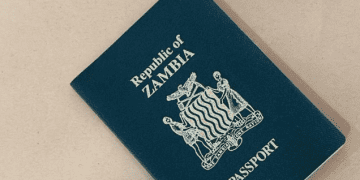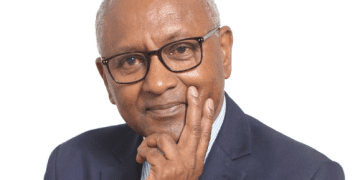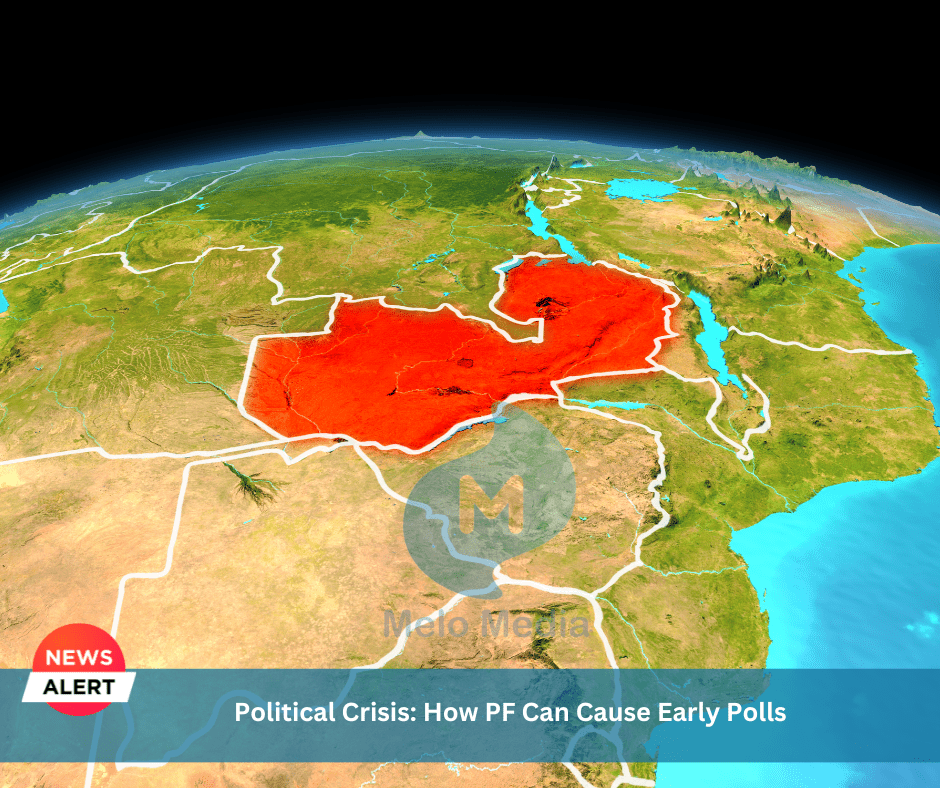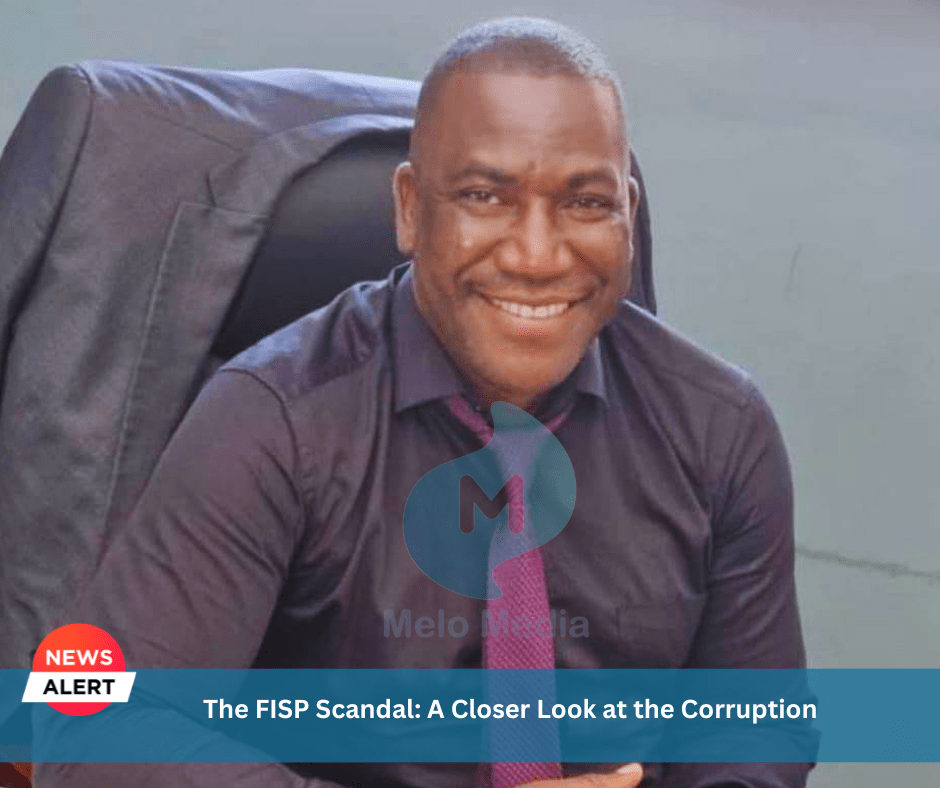By Guest Contributor | Melo Media, Thursday, 2nd November, 2023
One of the main reasons why a political crisis can lead to early polls is due to power struggles within the party. When different factions within a political party vie for control and leadership positions, it can create a sense of instability and uncertainty. This can ultimately lead to a breakdown in party unity and a loss of confidence in the current leadership, prompting the need for early elections.
Another factor that can contribute to a political crisis and the possibility of early polls is policy disagreements within the party. When members of a political party have differing opinions on key issues or are unable to reach a consensus on important policy decisions, it can create division and gridlock. This can make it difficult for the party to effectively govern and may result in calls for early elections to resolve the impasse.
Corruption scandals can also be a catalyst for a political crisis and the potential for early polls. When allegations of corruption arise within a political party, it can erode public trust and confidence in the party’s ability to govern ethically and effectively. This can lead to widespread public outcry and demands for new leadership, often resulting in early elections as a means of addressing the issue.
Economic instability can also play a significant role in causing a political crisis and the need for early polls. When a country is facing economic challenges such as high unemployment, inflation, or a stagnant economy, it can create a sense of dissatisfaction and frustration among the population. This can lead to protests, strikes, and demands for change, ultimately resulting in early elections as a way to address the economic concerns.
A leadership crisis within a political party can also be a driving force behind the need for early polls. When the current leader of a party is perceived as ineffective, unpopular, or unable to address the challenges facing the country, it can create a sense of urgency for new leadership. This can lead to internal party pressure for a leadership change and, ultimately, the calling of early elections to determine the new direction of the party.
Public dissatisfaction with the current government and its policies can also contribute to a political crisis and the possibility of early polls. When a significant portion of the population is unhappy with the government’s performance, it can lead to protests, demonstrations, and calls for change. This can put pressure on the ruling party to address the concerns of the public and may result in the decision to hold early elections in order to gauge public opinion and potentially regain public support.
In some cases, a political crisis can arise from a constitutional crisis. This can occur when there is a dispute over the interpretation or application of the constitution, or when there are allegations of constitutional violations by the ruling party. A constitutional crisis can create a sense of instability and uncertainty, often leading to calls for early elections as a means of resolving the crisis and restoring constitutional order.
Stay updated with the latest news by following the Melo Media channel on WhatsApp. Simply click on the link to join: https://whatsapp.com/channel/0029VaD2KGeGehEOl7RwgD3w
– Follow us on Facebook @ Melo Media








































